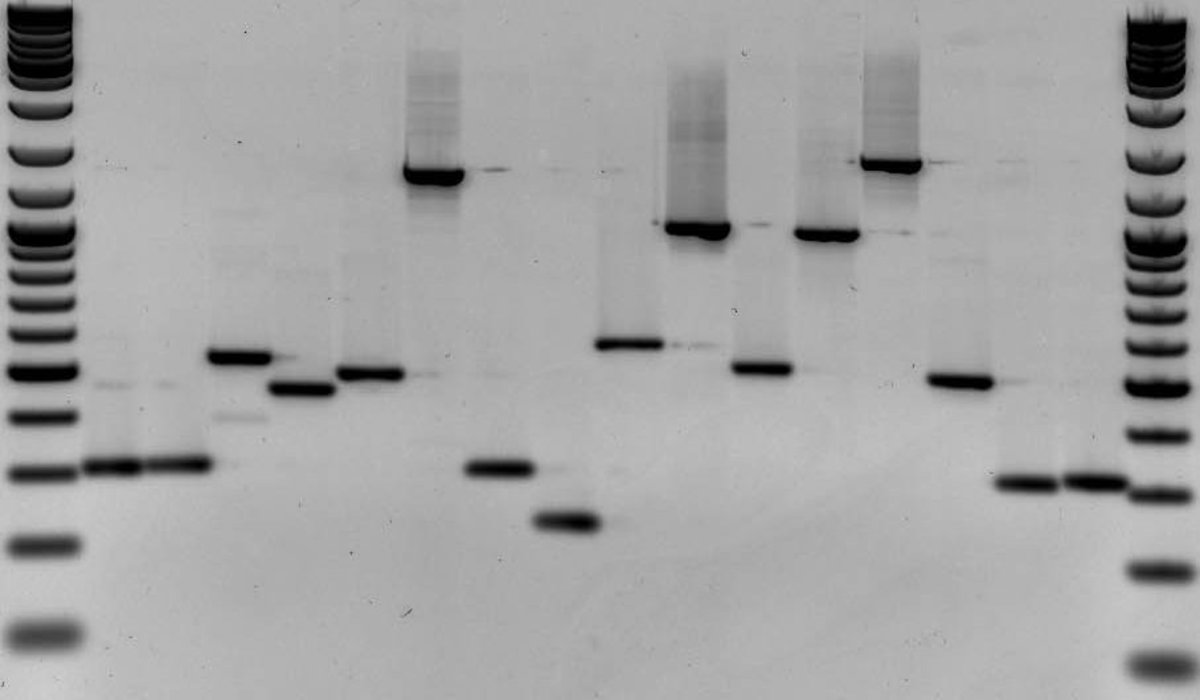Genetic Problems in Dogs

Parade of the Mutants
A while ago a documentary appeared on my TV screen that I and others around me found shocking.It was a talking point for a few days and then I clean forgot about it until I began to write a hub about child beauty pageants and was reminded once again of strangeness on parade. It shouldn't be forgotten but in this age of rapid information exchange it's all too easy for an issue to be relegated to the back shelf, as there's always a new horror or event nipping at the heels of the old one.
The documentary was called Pedigree Dogs Exposed and I've include an excerpt further down in this article, though readers should be warned some people might find it disturbing. I sure did. The documentary created a storm of controversy and led to various sponsors such as Hill's Pet Nutrition,Pedigree Dog Food, RSPCA, The BBC and Dogs Trust to withdraw their participation in Crufts Annual Dog Show and other Kennel Club events.
The English Crufts dog show is the mecca of the show dog-breeding world. Every year impossibly proportioned, fluffed and coiffed canines are paraded around an arena to vie for best in their category and the ultimate prize -best in show. According to the Guiness Book of World Records it is estimated that an average 28,000 dogs take part in Crufts each year, with approximately 160,000 human visitors attending the show.
Yet not all the attention it receives is positive.So notorious is this annual event among those whose first concern is animal welfare,it prompted Mark Evans, chief veterenarian for the RSPCA, to lament, "When I watch Crufts, what I see is a parade of mutants." As Evans describes it, "It's some freakish, garish beauty pageant that has nothing, frankly, to do with health and welfare."
Breeding to Death
“People are carrying out breeding which would be first of all entirely illegal in humans and secondly is absolutely insane from the point of view of the health of the animals.”
Professor Steve Jones University College London
Because of their early, close relationship with humans, selective breeding has occurred in dogs for thousands of years, mostly without a problem. However in the last 100 years and particularly the last 50, the emergence of Kennel clubs as well as clubs devoted to specific breeds has led to a culture of in-breeding that has wreaked devastation in the pure-bred canine community.
Pure bred dogs are often [but not always] bred specifically for looks rather than labour or companionship and it is this preferencing of beauty, or rather a very specifically designed and fanatical standard of beauty, above all other considerations, such as health and diversity, that has created a myriad of health problems among many breeds. The characteristic features of certain breeds have become far more extreme now than in the past. According to Evans, the quest to conform to a manufactured ideal of aesthetics is "driven primarily by the rules and requirements of competitive dog showing and pedigree dog registration".
So severe are the effects of genetic inbreeding in some cases the breed of dog is in danger of dissappearing altogether.Take the case of the Cavalier King Charles Spaniel, which features in the video below:

The Effects
Pedigree Dogs Exposed has been criticised by breeders for employing "emotional manipulation" and in researching this article I've read several blogs and articles by defensive breeders and others, many of whom came down heavy on organizations like Peta for picketing the last Croft show.Yet the facts remain.
Competitive dog shows have led to devastating inbreeding;excessive skin folds, flattened faces,severely short legs, severely long backs, large bulging eyes, extreme head size are just some of the exaggerations that can occur when an animal is inbred for traits, many of which "seriously compromise an animals quality of life" according to the RSPCA.
Not to mention the internal deformities and problems:
- difficulty breathing
- difficulty walking
- difficulty giving birth without veterinary intervention
- serious problems with their eyes
- serious problems with their skin
- chronic back and hip problems
A 2001 article in Time Magazine describes the difficulties one family encountered when they adopted a Golden Retriever puppy, bought from a certified American Kennel Club Breeder,. Soon after bringing it home, the dog developed a painful limping caused by dysplasia osteochondritus [an inherited bone condition] as well as severe allergies, dry skin and a poor coat.
It would be tempting to put Jake's problems down to plain bad luck -- but in fact the odds were against him from the start. While most golden retrievers are healthier than Jake, a shocking 60% of them end up with the dysplasia that may yet cripple him, according to the University of Pennsylvania's School of Veterinary Medicine. Many are born with an undescended testicle, another hereditary condition vets say can cause the gland to become cancerous.
Yet even if they had chosen another breed, the Metzgers would have been taking a chance. The appalling truth is that as many as 25% of the 20 million purebred dogs in America -- 1 in 4 animals -- are afflicted with a serious genetic problem
In spite of the widespread emphasis on breeding traits for "beauty" among kennel clubs, there are breeders who love their dogs, are concerned for the animals welfare and do what they can to improve the situation.
A responsible breeder prioritises health and welfare over appearance: they work to breed away from known inherited disorders, they provide a very high standard of care for their dogs and conscientiously work to match supply with demand. They are open and transparent, ensure compatibility between the pup and new owner and provide a health guarantee and ongoing support.
RSPCA
In issues of animal welfare we might first ask ourselves the question -do animals have interests? If we answer yes to this, as most would, we next have to ask- are those interests worthy of consideration? This writer, at least, would answer yes as I'm sure would many others. Furthermore, those interests should overide the vain and self-aggrandizing pleasure of parading a genetically mutated animal around an arena to be judged by a panel of *experts* who arbitrarily have decided what the *standard* should be for a particular breed, no matter how aesthetically beautiful you personally believe that standard to be. As standards become more and more extreme, for some breeds, the price is just too high.





